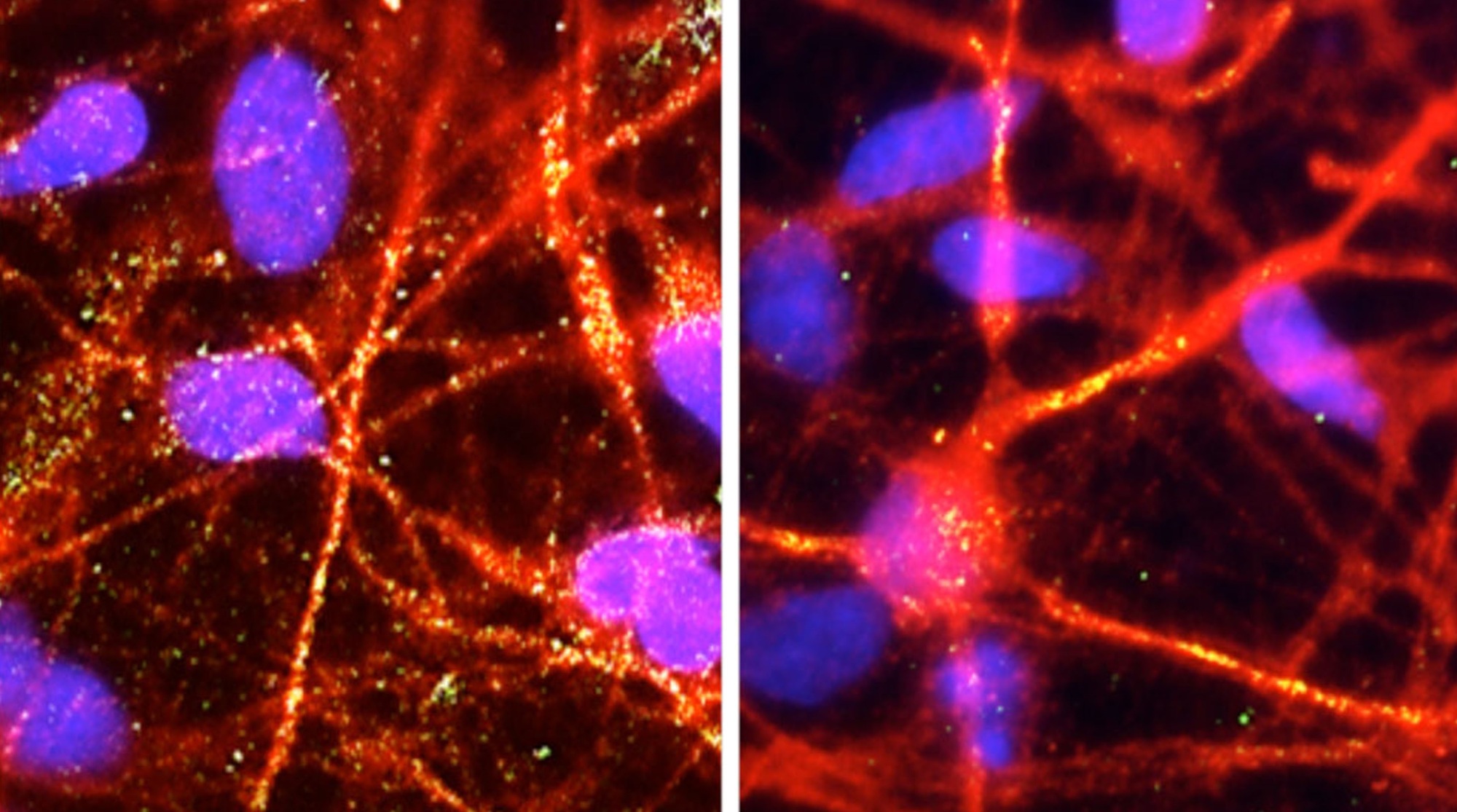A team of Japanese researchers has found a new drug combination that reduces amyloid beta protein, believed to play a key role in causing Alzheimer's disease, by using stem cells derived from patients, Kyoto University announced Tuesday.
The scientists believe their findings, published in the online edition of the Cell Reports journal the same day, is a promising step to eventually find a drug to treat Alzheimer's — a progressive disease characterized by memory loss that affects tens of millions of people worldwide. There is so far no known cure or established treatment for Alzheimer's.
For its experiment, the team created so-called induced pluripotent stem cells (iPS cells) from individuals, including patients with Alzheimer's, and then cultivated them in vitro to replicate diseased brain tissue.



